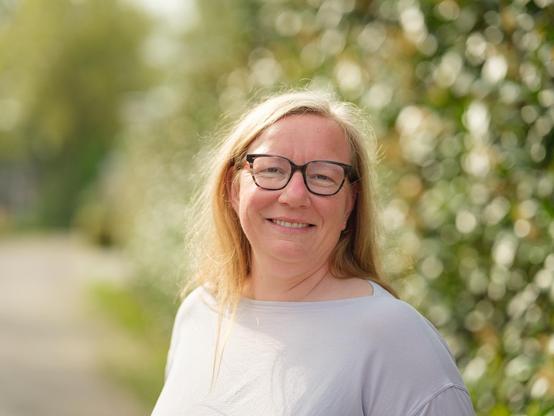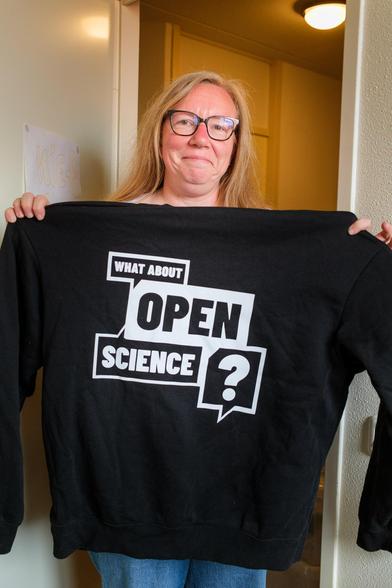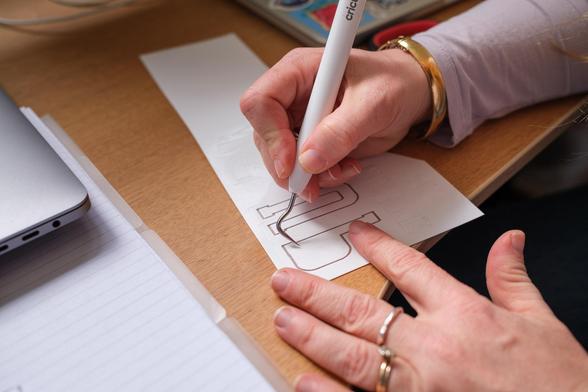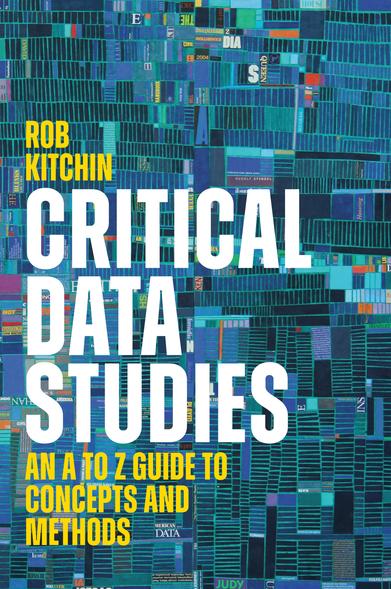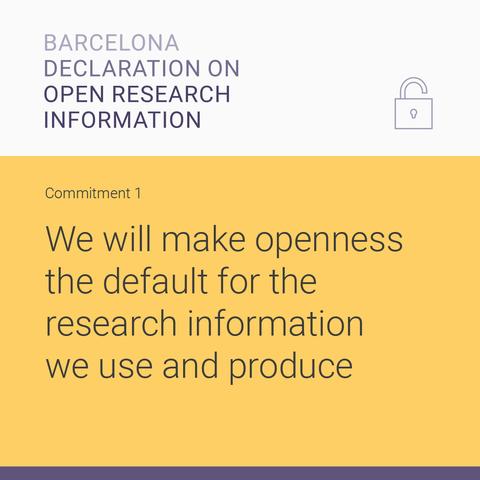How do you embed open science in universities of applied sciences? Sarah Coombs does it with a mix of expertise, networking, games, and persistence.
She was not only named SURF Research Support Champion (in 2022), but has also won no fewer than six awards in recent years for her work in research support.
So who is the person behind this Open Science advisor at Hogeschool Saxion and Vereniging Hogescholen?
Discover Sarah's story: https://www.surf.nl/en/story/a-fight-for-recognition?utm_campaign=2025-05-social&utm_content=surf&utm_kwd=research-support-is-topsport&utm_medium=social&utm_source=mastodon
A fight for recognition
How do you embed open science in hbo? Sarah Coombs does so with a mix of expertise, networking, games and tenacity. "I would like to see the DCC-PO fully recognised as a centre of expertise for research support. That we don't have to keep begging for money, but are collectively seen as experts."
